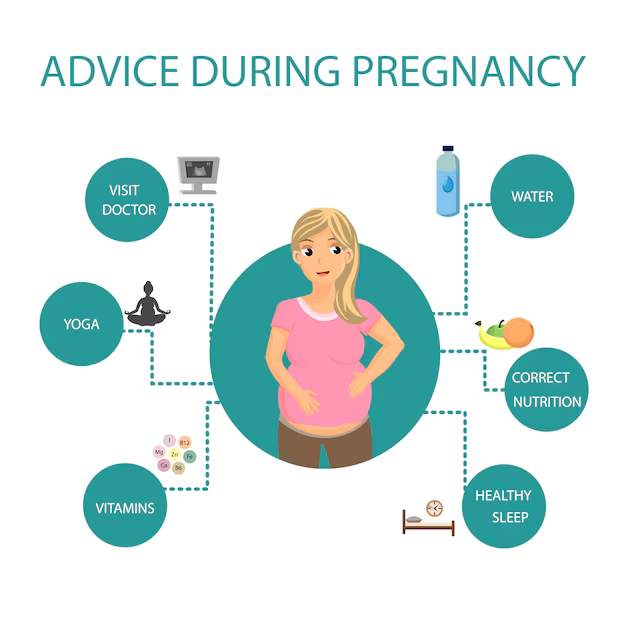Setting boundaries for peace

In the journey of understanding and tracking the menstrual cycle, most conversations revolve around physical symptoms—cramps, bloating, fatigue. But there's a deeper, quieter layer that often gets overlooked: our emotional and mental wellbeing. One of the most powerful tools we can use to protect our peace during the ups and downs of hormonal shifts is setting healthy boundaries.
Why Mental Wellness Matters During Your Cycle
The menstrual cycle isn’t just about physical changes—it deeply influences emotional states too. Many individuals experience heightened sensitivity, irritability, anxiety, or even low moods, especially during the luteal phase (the week leading up to menstruation). This is not "all in your head." It's a real, biological response to hormonal fluctuations.
Tracking your cycle can help you become more aware of these patterns. Once you identify when you’re likely to feel emotionally vulnerable, you can start setting boundaries that protect your peace and promote self-care.
What Are Healthy Boundaries?
Boundaries are limits we set to protect our emotional, mental, and even physical energy. They help us say “yes” to what serves us and “no” to what doesn’t. Healthy boundaries are not about keeping people out—they’re about keeping your wellbeing in check.
During emotionally intense phases of your cycle, boundaries become essential to:
-
Avoid burnout
-
Reduce conflict
-
Stay grounded
-
Maintain self-respect
-
Foster healthy communication
How to Set Boundaries During Your Cycle
1. Know Your Cycle Triggers
Start by tracking your menstrual cycle, either using a period tracker app or a journal. Pay close attention to your mood changes and emotional triggers throughout the month. Do you get more anxious before your period? More sensitive to criticism? More introverted?
Awareness is the first step toward change.
2. Communicate Honestly with Others
Let the people close to you know what you need during different phases of your cycle. For example:
-
“I need more quiet time this week, it helps me reset emotionally.”
-
“I’m feeling a little fragile today, so I’d appreciate gentle feedback.”
-
“This isn’t the best time for a big decision—can we revisit this in a few days?”
You don’t need to overshare details, but being honest about your needs can build stronger, more understanding relationships.
3. Say No Without Guilt
During certain phases of your cycle, especially premenstrual and menstrual, you may feel more drained than usual. That’s okay. Learn to say no to:
-
Social events that feel like too much
-
Work overload
-
Emotional labor that isn’t yours to carry
Saying no doesn’t make you selfish—it makes you self-aware.
4. Create Space for Self-Care
Protect your time for rest and recovery. Whether it's journaling, meditating, watching your comfort show, or taking a long bath, carve out time for what replenishes you. This is especially important during the menstruation and premenstrual phases.
Set a “peace hour” each day where your only focus is self-nourishment.
5. Limit Emotional Exposure
During sensitive phases, minimize your intake of emotionally triggering content—news, social media drama, or heavy conversations. This is your time to stay in your emotional cocoon and feel safe.
Unplugging is a boundary too.
Peace Is a Choice You Make Every Month
The menstrual cycle isn’t a weakness; it’s a rhythm that can teach us about ourselves. By setting clear emotional boundaries during each phase, you gain the power to flow with your cycle instead of fighting it.
You are allowed to rest. You are allowed to say no. You are allowed to protect your peace. And you are allowed to prioritize your emotional wellness as much as your physical health.
Tracking your cycle isn’t just about dates—it’s about deeper connection with your body and your emotions. And boundaries? They’re your personal guardians of peace in this beautiful, ever-changing journey.
Remember: Your cycle doesn’t define you—but understanding it can help you define what you truly need. Set boundaries, protect your peace, and let mental wellness be your priority.
Related Articles

Drinking water to stay alert

Gentle stretches or yoga poses

Resting when needed

Staying off social media breaks

Baby development at 26 weeks

Staying hydrated

Common Health Complications During Pregnancy: What You Need to Know

Hydration tips for nausea